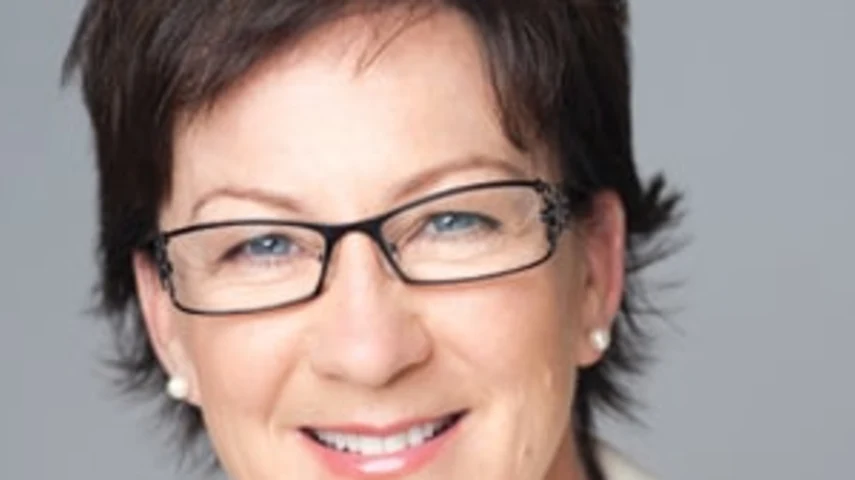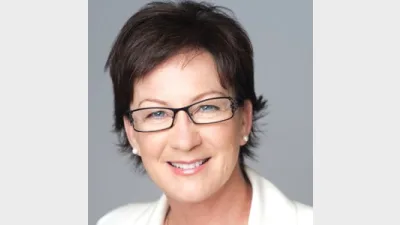CPD requirements drives down advice standards



The SMSF Professionals' Association of Australia (SPAA) has attacked the minimum education standard for financial advisers, saying it has failed the industry.
SPAA blamed the continuing professional development (CPD) requirements for the low standards, saying it is currently driven by a compliance-based method.
"This results in advisors often undertaking training that maintains their current knowledge to just meet the absolute minimum rather than being extended and challenged through new learning and improved knowledge," Slattery said.
SPAA wants professional associations to set the CPD requirements for members so that CPD becomes more about challenging advisors' skills instead of being just a compliance requirement.
In a 21-page written submission to the Parliamentary Joint Committee on Corporations and Financial Services, SPAA CEO Andrea Slattery said a co-regulatory approach is needed to regulate financial advice.
"It would allow professional associations to drive professionalism by setting their members higher levels and stringent competency and training requirements.
"ASIC would approve professional associations that can regulate advisors under this framework, replacing the regulator's need to dictate and be responsible for minimum education standards," Slattery said.
She said the Australian Securities and Investments Commission's (ASIC) Regulatory Guide 146 (RG 146) has failed in ensuring advisers have the qualifications needed to give high-quality advice to consumers.
"RG 146 is not a flawed concept by itself as it simply outlines the minimum requirements expected by ASIC as a guide to advisors, licensees and education providers," Slattery said.
"However, too often the industry (licensees and educators) have interpreted the minimum requirements to be all that is required to be competent."
Recommended for you
The impact of identity theft and its threat to superannuation savings were highlighted in a case that went before the Federal Court at the end of 2023.
A recent NSW Supreme Court decision is an important reminder that while super funds may be subject to restrictive superannuation and tax laws, in essence they are still a trust and subject to equitable and common law claims, says a legal expert.
New research from the University of Adelaide has found SMSFs outperformed APRA funds by more than 4 per cent in 2021–22.
The SMSF Association has made a number of policy recommendations for the superannuation sector in its pre-budget submission to the government.









